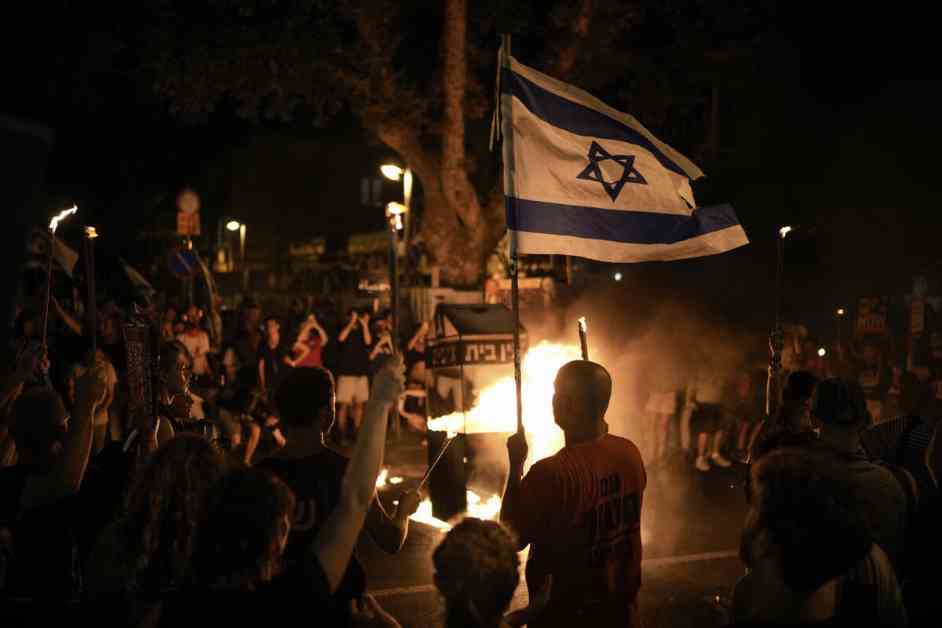Israeli Prime Minister Benjamin Netanyahu announced on Sunday that the current phase of the conflict with Hamas in Gaza is coming to an end. This will allow Israel to shift its focus to the northern border to address the threat posed by the terrorist group Hezbollah. Netanyahu emphasized that although the ground offensive in Rafah is nearing completion, the fight against Hamas will continue. However, with fewer troops needed in Gaza, Israel will be able to redirect forces to confront Hezbollah.
Hezbollah, a powerful Iranian-backed terrorist organization, has been engaging in hostilities with Israel following a Hamas-led attack in October. The situation has escalated in recent weeks, raising concerns of a potential wider regional conflict involving other Iranian proxies. Netanyahu expressed the need to address this threat, not only for defensive purposes but also to enable displaced Israelis to return home.
Despite efforts by White House envoy Amos Hochstein to ease tensions through diplomatic means, the conflict persists. Netanyahu emphasized the importance of finding a diplomatic solution but also reiterated Israel’s readiness to engage on multiple fronts if necessary. He outlined the conditions for any agreement with Hezbollah, including keeping the group away from the border and ensuring the safe return of Israeli citizens who were evacuated at the start of the conflict.
While the Israeli offensive in Gaza is winding down, Netanyahu stressed the need for ongoing targeted operations to prevent Hamas from regrouping. The retaliatory strikes in response to the Hamas-led attack have resulted in significant casualties, further straining relations with the United States. President Joe Biden has faced criticism from Netanyahu over delays in arms shipments, citing concerns about civilian casualties.
As tensions with Washington persist, Netanyahu’s defense minister, Yoav Gallant, is engaging in talks in the U.S. to address the conflict and related issues with Lebanon. Netanyahu’s upcoming address to Congress has sparked controversy, with some Democrats expressing reluctance to attend due to disagreements with the Israeli leader. The U.S. has been pushing for a cease-fire plan, while Netanyahu remains firm on his conditions for ending the conflict with Hamas.
Looking ahead, Netanyahu emphasized the need for Israel to maintain military control over Gaza to ensure its security. He proposed the establishment of a Palestinian civilian administration in Gaza, with support from moderate Arab nations. However, he ruled out any involvement of the Palestinian Authority, which was ousted by Hamas in 2007. Netanyahu dismissed the idea of resettling Israelis in Gaza, emphasizing the need for a realistic approach to address the long-standing conflict in the region.



